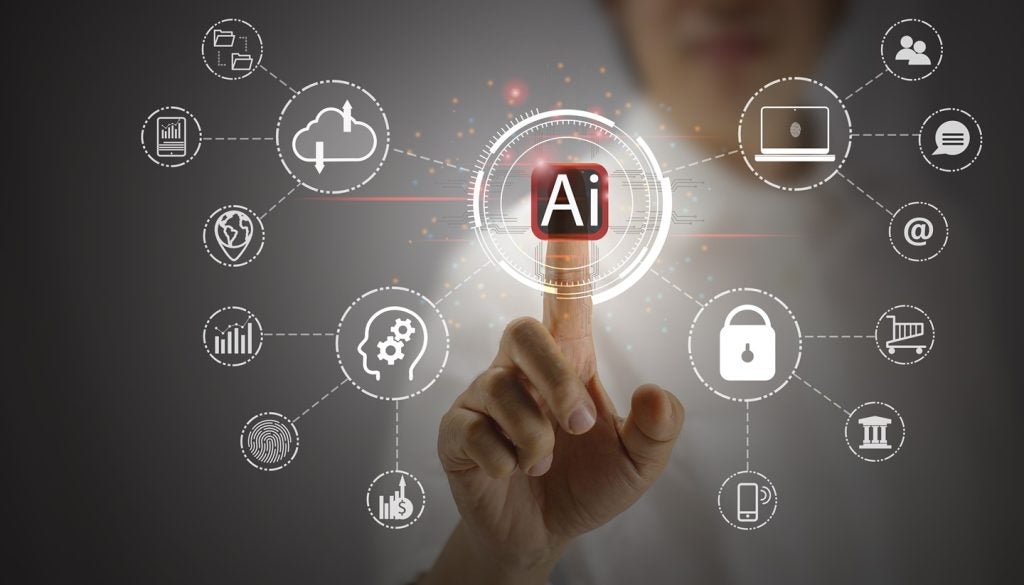
Her Majesty’s Revenue and Customs (HMRC) has invested in 37,624 laptops, tablets and phones in the last 12 months, and a grand total of 45,704 devices since October 2019, which was shortly before Covid-19 began and widespread remote working was introduced.
This is according to new data retrieved via the Freedom of Information (FOI) act, and analysed by a Parliament Street think tank, which observed the quantity of devices onboarded by the HMRC in a 12 month period, from October to September each year, dating back to 2018.
The data revealed that new devices had surged by 366 per cent this year, when compared to the same time period for last year – 8,080 in Oct-Sept 2020, to 37,624 in Oct-Sept 2021.
For comparison, HMRC only recorded an increase of 600 new devices in the period from October 2018 to September 2019, which was the 12 month period preceding the Covid-19 pandemic and mass remote working.
Mobile phones were by far the most popular device to be handed out to staffers – 27,000 for Oct-Sept 2021, compared to 6,800 for Oct-Sept 2020, which is a 297 per cent increase. Tablets rose from just 580 in Oct-Sept 2020, to 9,924 in Oct-Sept 2021, which is a whopping 1,611 per cent increase.
Finally, the laptop count increased by 700 in both Oct-Sept 2020, and 2021 – or, 1,400 in total since roughly the start of the pandemic.
How well do you really know your competitors?
Access the most comprehensive Company Profiles on the market, powered by GlobalData. Save hours of research. Gain competitive edge.

Thank you!
Your download email will arrive shortly
Not ready to buy yet? Download a free sample
We are confident about the unique quality of our Company Profiles. However, we want you to make the most beneficial decision for your business, so we offer a free sample that you can download by submitting the below form
By GlobalDataThe quantity of Microsoft Office 365 licenses attributed to HMRC also changed year on year. In the contract year commencing June 2019, HMRC increased the amount of Office 365 licenses at their disposal by a significant 7,656. In June 2020, this figure saw a slight reduction by 292, but in June 2021, this went up again by 374 licenses.
Accounting for the yearly differences, HMRC has invested in a total of 7,647 new Microsoft Office 365 licenses since June 2019. The most recent contract increase was approved shortly after HMRC agreed to allow staff to work from home for at least two day a week permanently, which was announced in May this year.
Sridhar Iyengar, MD for Zoho Europe comments,“Remote working, whether full time, hybrid part time, or ‘choose your own’ work from home model, is becoming the operational structure of choice for many organisations and HMRC is no exception.”
“It’s good to see leaders are investing in more devices as time goes on. Remote working has cost, efficiency and time-saving perks that many organisations are already capitalising on, and once certain implementation challenges are overcome, business leaders will be presented with even more opportunities.”
“With the purchase of these new devices, HMRC will be able to deploy purpose-built and cloud enabled remote working tools and applications, to help aid communication, workflows or in-document collaboration. This will certainly help to aid day to day activities and administration duties.”
Torsten George, Cyber Evangelist, Absolute Software comments, “I applaud the leadership at HM Revenue and Customs for extending flexible working conditions to its employees beyond the ongoing health crisis by allowing staff to work from home at least two days a week permanently. However, in this new work-from-anywhere era HMRC must focus on creating and implementing a broader IT strategy that enables the entire organisation to work from anywhere. In turn, they need to relook at how and where applications are hosted, ensure the entire workforce has seamless connectivity and experience, and at the same time implement consistent security policies no matter where users are connecting from.
As employees operate in this new work-from-anywhere environment, alternating between campus and off-campus networks, IT will be challenged with inconsistent visibility and control, which in turn affects their ability to support and resolve user issues. The underlying foundation of a reliable and productive work-from-anywhere environment is anchored around employees’ endpoints, and therefore HMRC needs to pay special attention to making those devices resilient to attacks, as they often serve as the main point of access to an enterprise network. In fact, a recent Ponemon Institute survey revealed that 68 percent of organisations suffered a successful endpoint attack within the last 12 months.
If HMRC can’t resolve this dilemma, they’ll be faced with increased disruptions, risks, and costs.”






